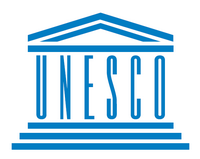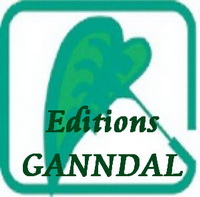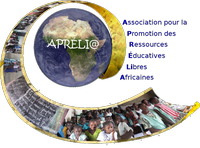 Source : TESSA
Source : TESSA
Thesis by Eric Addae-Kyeremeh BA (Hons) MA MEd, The Open University Centre for Research in Education and Educational Technology, Doctorate in Education (Leadership and Management) :
Professional development spaces- An exploratory study of headteachers perspectives in Ghana (Abstract, see below)
Sub-theme: Total Teacher Professional Development
Abstract
Leadership learning is a fascinating area of research and for that matter headteachers learning and development. Headteachers in Ghana like many other countries spend their daily duties focussing on the learning of others with little attention to their own learning and development and the potential benefits for them and their school as a whole. In the last decade or so, Ghana has invested in the training and development of basic school teachers (including headteachers) through state resources and financial resources secured from DFID and other multi-national organisations (Education Sector Performance Report, 2013). These funds have been disbursed to municipal and district directorates through the decentralisation programme by the Ghana Education Service yet little is known about the impact of professional development activities.
In the academic literature on professional development a variety of activities are theorised as ways of developing one’s capacity including critical reflection (Day, 1993), daily engagement with the job (Eraut, 2004), reciprocal peer-coaching (Zwart, Wubbels, Bergen, and Bolhuis, 2007), Networking (Kiggundu and Moorosi, 2012), mentoring (Hudson, 2013) amongst others. These conceptions of professional development are in sharp contrast to traditional notions of professional development through attendance at workshops and prescribed training programmes (Akyeampong, 2003). The underlying assumption that professional development is a lifelong activity has implications on how professional development in designed, supported and evaluated.
Through a multiple case study from three municipal areas in Ghana the study sought to explore current opportunities available for professional development of headteachers and the extent to which new spaces of professional development were being harnessed for the development of headteachers. The paper argues that professional development of headteachers remains under resourced and poorly supported. The evidence suggests over reliance on occasional face-to-face workshops which in essence remains the main outlet and space for supported headteacher development. Opportunities for professional development through peer-support networks and peer coaching are not being harnessed although there were examples where there was huge potential.
Findings from this empirical study have the potential to contribute to the understanding of unreported practices in professional development amongst headteachers. This could impact on educational policy in Ghana and similar contexts by providing the much required evidence on approaches to headteacher development and collaborative working. This will help in the planning and delivery of development programmes for school leaders particularly head teachers (in service and pre-service).
References
Akyeampong, K. (2003) Teacher Training in Ghana- Does it? Multi-Site Teacher Education Research Project (MUSTER). Country report One.
Day, C. (1993) “Reflection: a necessary but not sufficient condition for professional development.” British Educational Research Journal, 19(1): 83-93.
Eraut, M. (2004) “Informal learning in the workplace.” Studies in Continuing Education, 26(2), 248-73.
Hudson, P. (2013) “Mentoring as professional development: ‘growth for both’ mentor and mentee”, Professional Development in Education 39(5), 771-783.
Zwart, R. C., Wubbels, T., Bergen, T. C. M. and Bolhuis, S. (2007) “Experienced teacher learning within the context of reciprocal peer coaching.” Teachers and Teaching 26(2): 165-187.
Kiggundu, E. and P. Moorosi (2012) "Networking for school leadership in South Africa: perceptions and realities." School Leadership & Management 32(3): 215-232.




